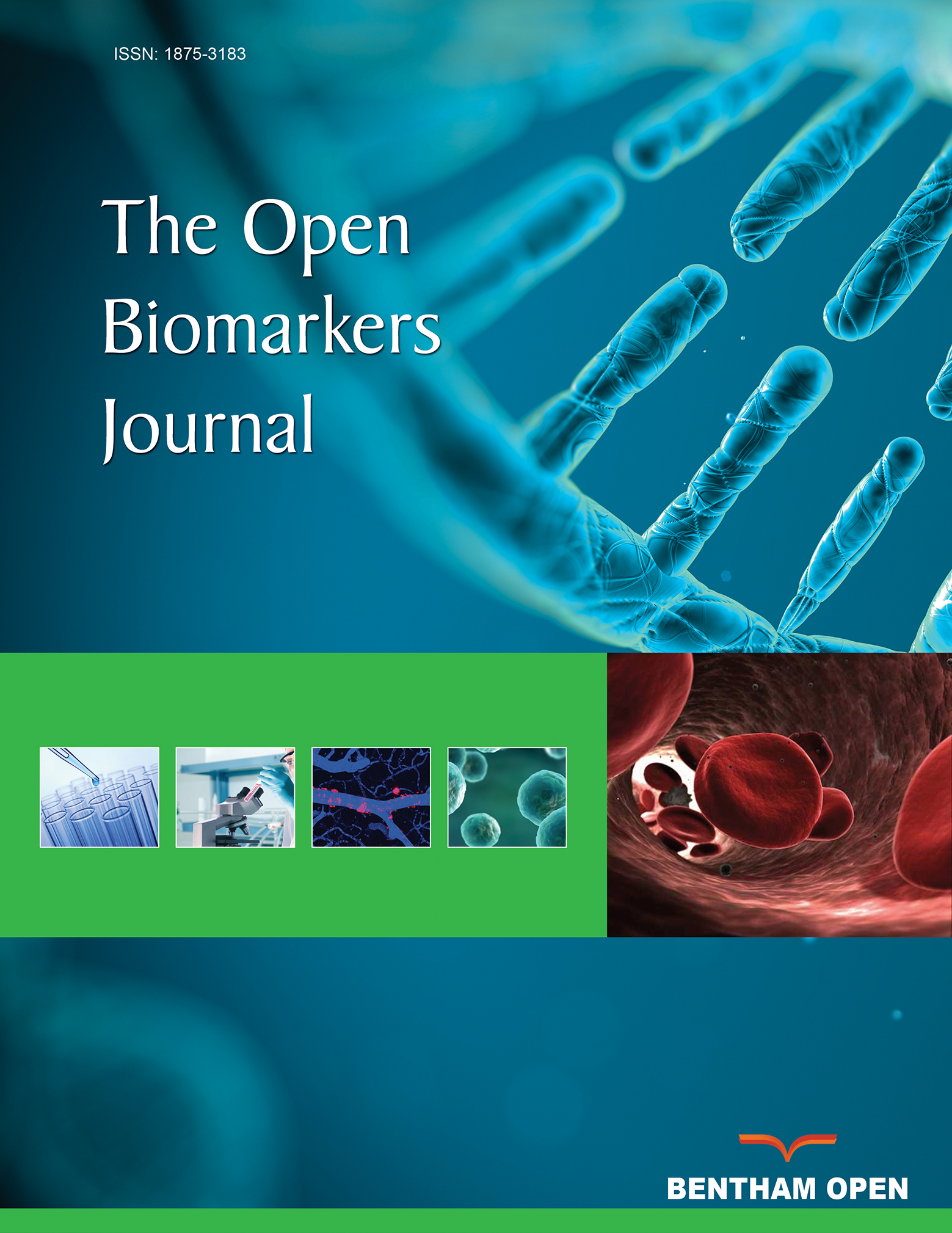All published articles of this journal are available on ScienceDirect.
Current Candidate Genes as Biomarkers for Major Depressive Disorders: A Review of Current Approaches and Findings With Respect to Ethnicity
Abstract
Major Depressive Disorder (MDD) currently affects people worldwide. Despite its multi-faceted origins and symptoms, and its myriad manifestations and outcomes, work is underway to understand the root causes of the disorder. Genetic studies, in particular, have focused on finding candidate genes for MDD, and investigating links between these genes and any particular group of people. It is hoped that these studies may shed light on the types of people that are commonly affected, and what factors make a person more or less vulnerable to depressive disorders. Multiple factors have been considered, including socioeconomic status, urban versus rural environments, ethnicity, lifestyle factors such as substance abuse and both pre- and post-natal early traumas. Through various methods, including network analyses and bioinformatics among others, significant links have been found between socioeconomic status, urban living, and MDD. Moreover, epigenetic links have been discovered between the prevalence of MDD and the prevalence of other diseases such as cardiovascular disease and other forms of mental illness, making it clear that environment plays a key role in overall health and wellbeing. While no statistically significant link between ethnicity and MDD has been found in candidate genes thus far despite certain ethnicity-based polymorphisms influencing clinical outcomes with different treatments, it is much more apparent that urban environments and early stress contribute to the prevalence of MDD.


